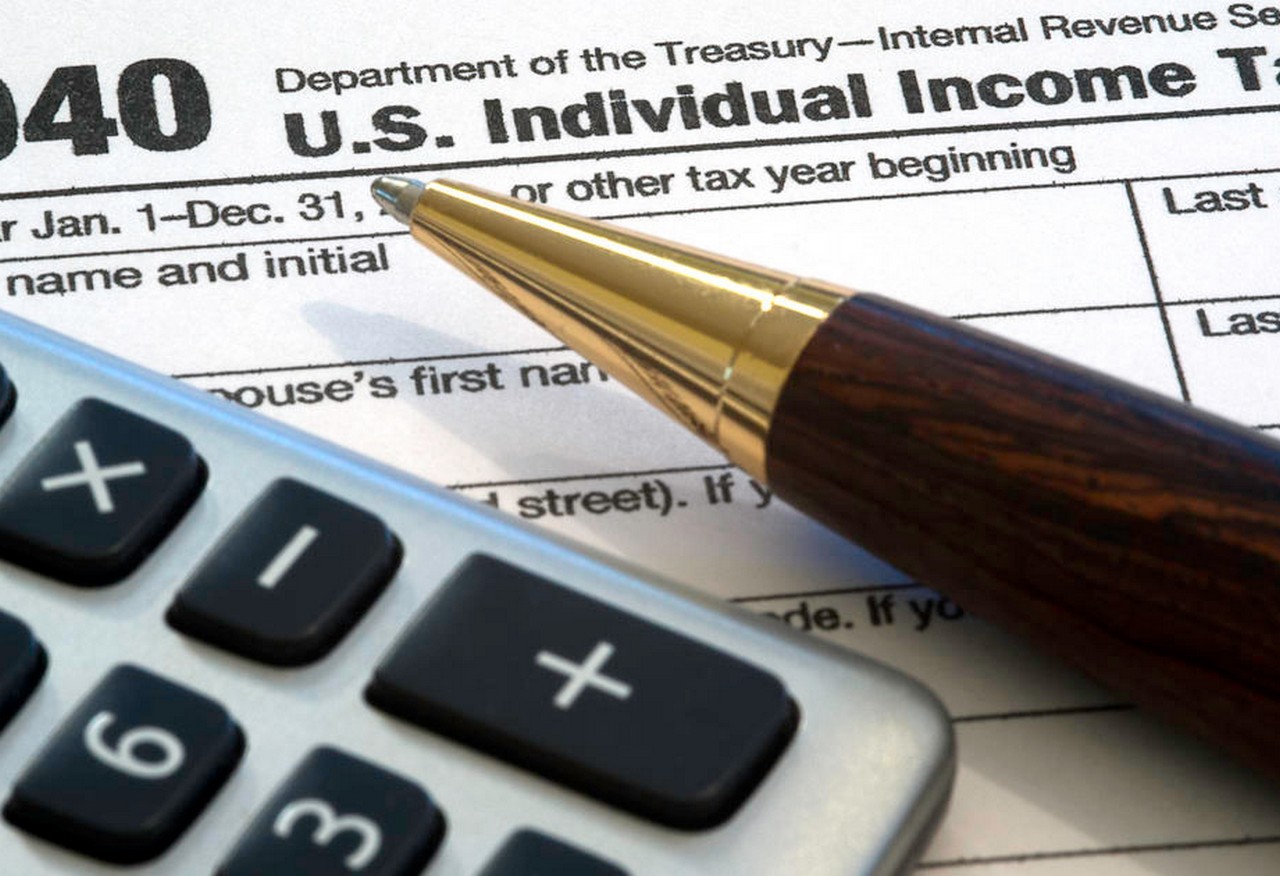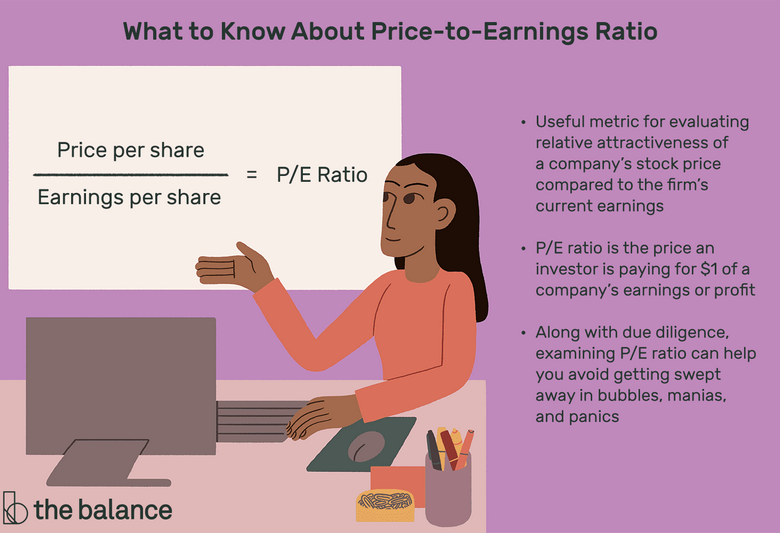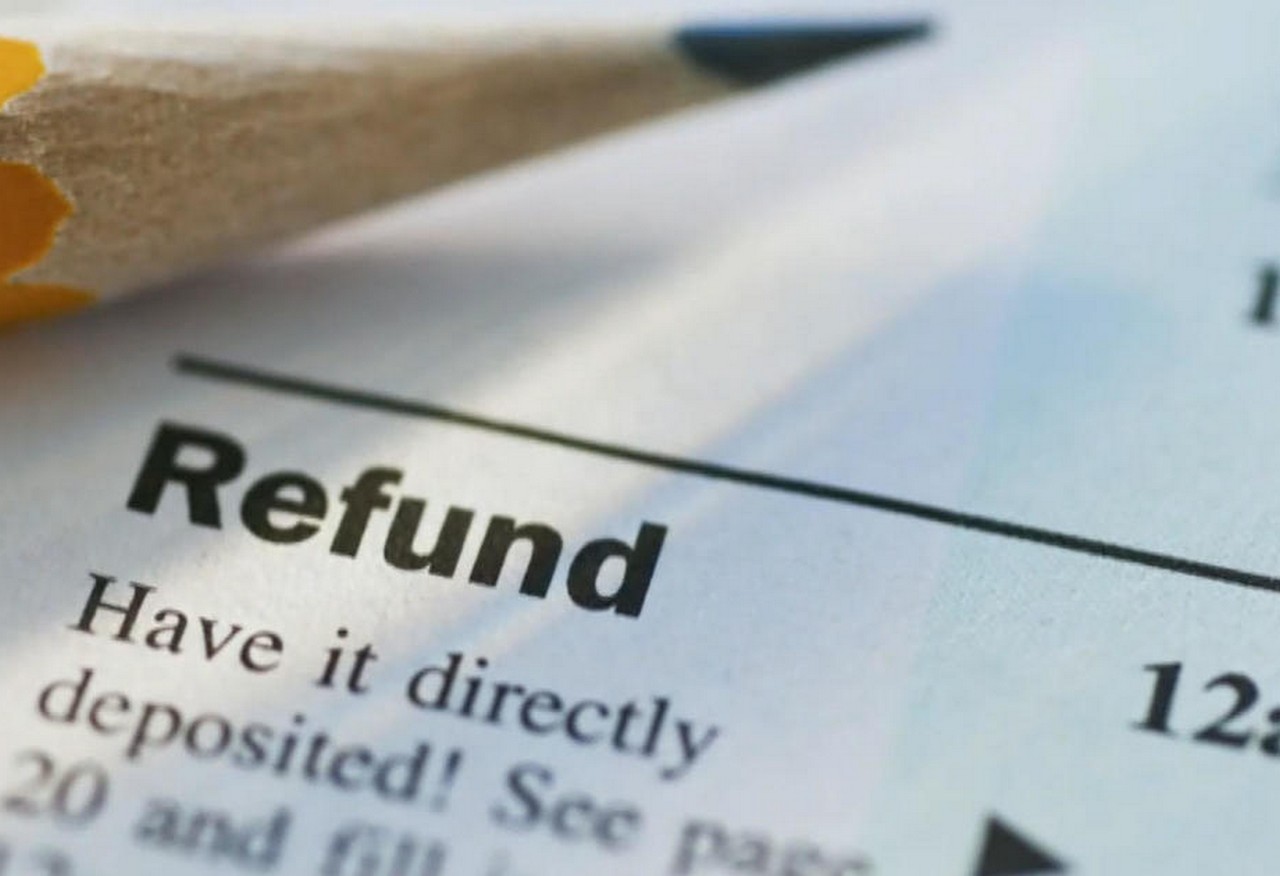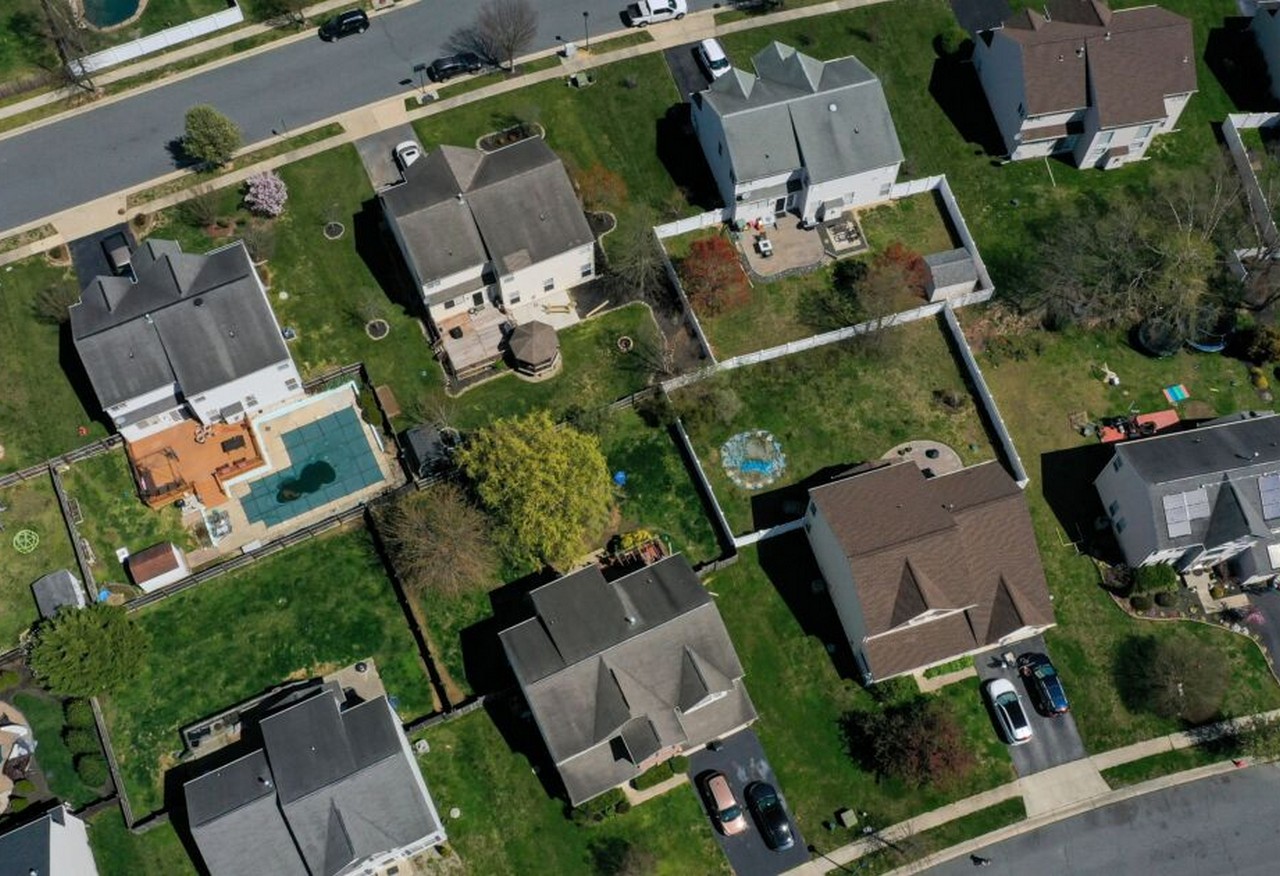Properties got here in underappraised as a lot as 15% of the time within the latest interval of fast value hikes, and mandated changes had been sometimes not carried out, in accordance with analysis from the Federal Housing Finance Company.
The top end result leaves each consumers and sellers in a precarious state of affairs, typically needing to scramble to renegotiate offers, provide additional cash up entrance or settle for much less favorable mortgage phrases, the report mentioned.
“Low value determinations may also influence refinance debtors by resulting in much less enticing mortgage phrases, limiting borrowing quantities or leading to canceled transactions.”
Between 2013 and 2020, value determinations got here in decrease than the contract asking value 7% to 9% of the time, rising to fifteen% in 2021 earlier than falling again to 12% in 2022, the FHFA mentioned. In early 2023, they fell again to typical ranges.
The discrepancies happen when appraisers make their assessments primarily based off of gross sales going again as a lot as six months for comparable items, whose values can fluctuate and develop into outdated rapidly, as they did through the pandemic housing growth.
Though the Federal Housing Administration and each government-sponsored enterprises require time changes to be made as market situations require, appraisers, as a rule, uncared for to take action, even when the distinction within the native market was appreciable.
Between mid 2018 to late 2021 when annual residence value development nationwide shot up from 5% to 18%, FHFA evaluation of a uniform appraisal dataset and Zillow predicted values discovered time changes comparable unit gross sales ought to have occurred 64% of the time, far increased than the 13% that truly occurred.
Throughout that interval, appraisers performed time changes typically at a price of lower than 10%.
In 2021, when costs accelerated at their quickest tempo, comparable gross sales costs would have been anticipated to see an uptick of two.5% to 9% in appraised values. However time adjustment value determinations occurred solely at an approximate 25% price, the FHFA mentioned.
“Whereas changes should not essentially anticipated in each case, these charges appear to be significantly decrease than native value development would warrant,” researchers surmised. “Appraisers time-adjust more often than not solely when the anticipated adjustment is 20% or bigger.”
FHFA’s evaluation additionally discovered that amongst properties re-examined, “the changes appraisers do make are sometimes considerably smaller than home value indexes would counsel.” The variations grew consistent with what the anticipated worth could be primarily based on index information.
When comparable gross sales information is perhaps anticipated to result in a 1% to three% rise in worth, the precise time-adjusted value determinations had been off by a number of tenths of 1 p.c. However as predicted changes pointed to the next worth of 5%, they had been solely scaled up on common by 3%. For a ten% improve in anticipated comparable costs, time changes averaged solely 5%.
Whereas placing the buyer at a drawback, researchers didn’t state a transparent underlying cause behind the rare price of time changes performed however urged the difficult nature of figuring out the proper calculations might play a task. Acquiring right information may also be costly or not publicly accessible.
“Additionally, market details about comparable gross sales information may be sparse, decentralized and noticed with a lag,” the report mentioned.
FHFA indicated it will try to dive deeper in its examination of the explanations appraisers choose to make time changes, when and the place they carried out them, in its continued analysis.










